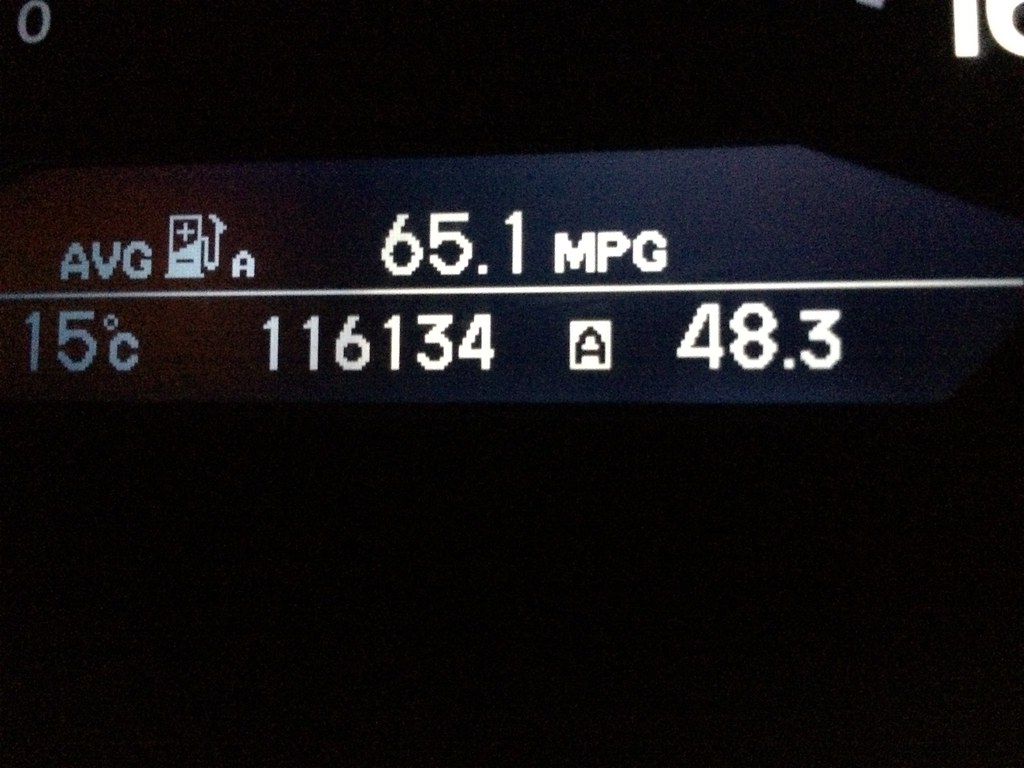Yes, it makes sense when you look at the numbers only, but plants do it for themselves and the figure for solar panelling is an ***umption based on optimum light conditions, with no degradation through time, cloud cover, offset angle, grid reinsertion loss etc.
This is also a commercial enterprise, with the added energy of advance plant construction and forward chemical processes (and the bank loans required), regulation and taxation, along with the corporation/cartel trickledown and shareholder skimming.
In many ways this is not dissimilar to bee-keeping, the current outlook for macromanaging that 'mutual agreement' isn't particularly good.




